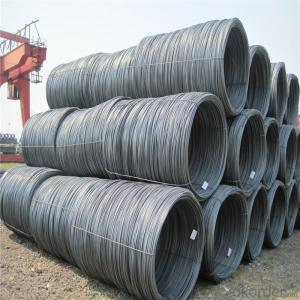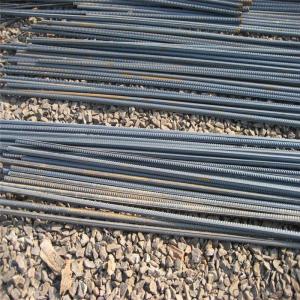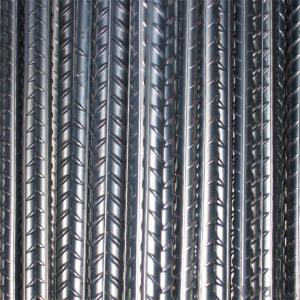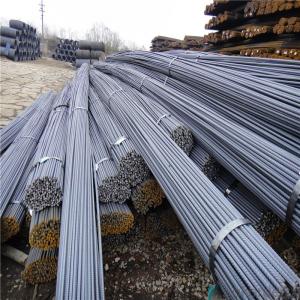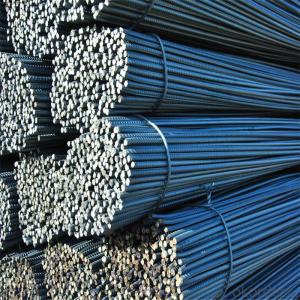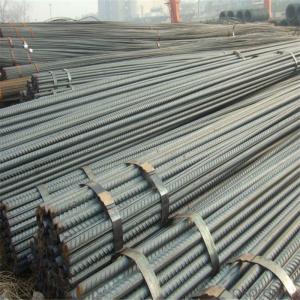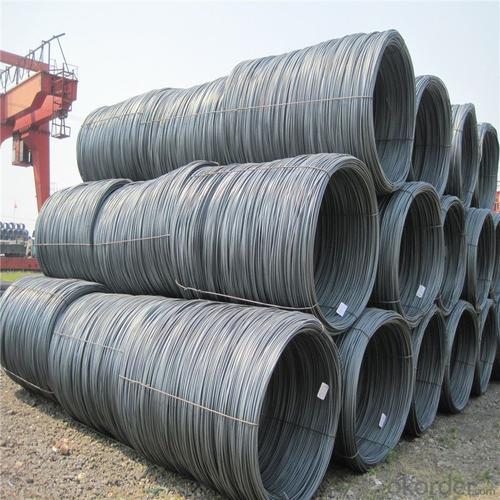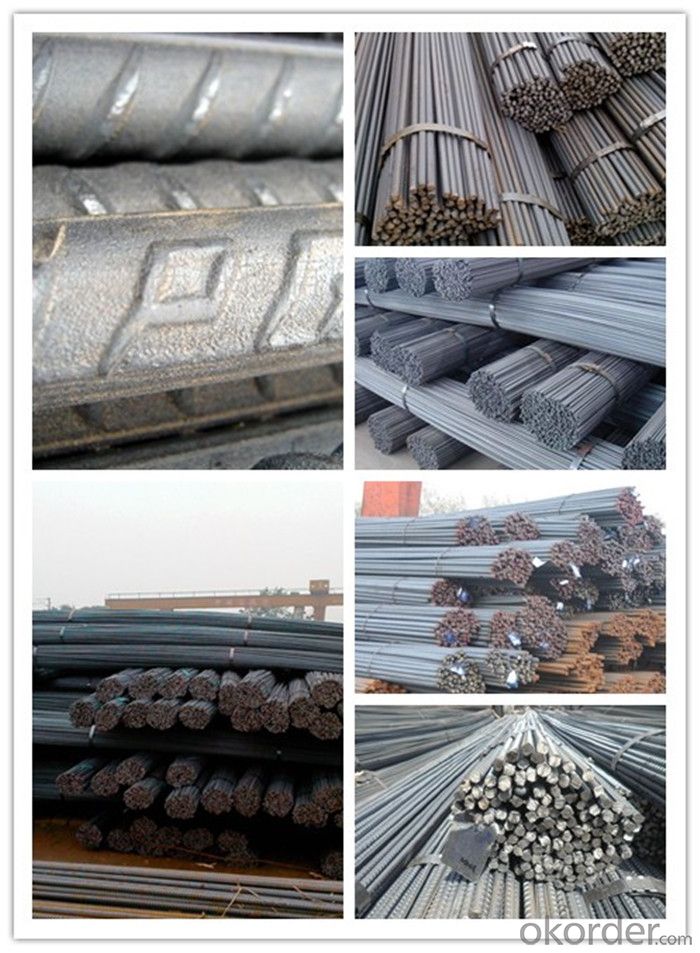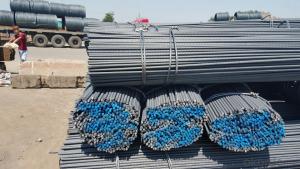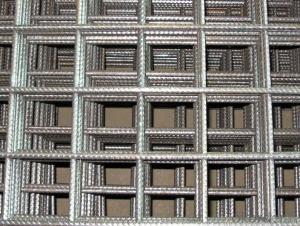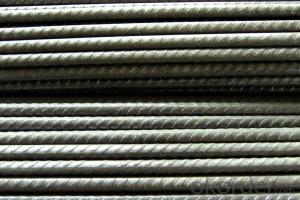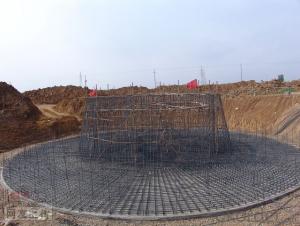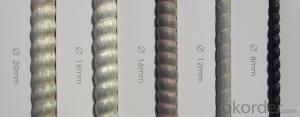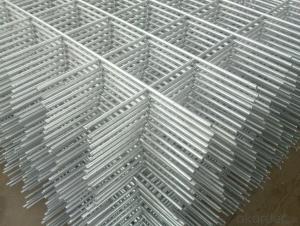Reinforcing Steel Bar Price Philippines
- Loading Port:
- Tianjin
- Payment Terms:
- TT OR LC
- Min Order Qty:
- 100 m.t.
- Supply Capability:
- 50000 m.t./month
OKorder Service Pledge
OKorder Financial Service
You Might Also Like
Specification
Reinforcing Steel Bar Price Philippines
Description of Reinforcing Steel Bar Price:
1, Diameter: 5.5mm-10mm rounds reinforcing steel bar
10m- 40mm Reinforcing Steel Bar Price
2, Length: 6m, 9m, 12m or customized
3, Standard: GB, ASTM, AISI, SAE, DIN, JIS, EN
OEM technology - send detailed technical parameters for accurate quotation.
2, Produce Process: smelt iron - EAF smelt billet - ESR smelt billet -
hot rolled or forged to get the steel round bar and plate
3, Heat Treatment: annealing, normalizing, tempering, quenching
4, Surface Treatment: Black
5, Quality Assurance: We accept third party inspection for all orders.
You can ask testing organizations such as SGS, BV, etc. to test our products before shipping.
Chemical Composition of Reinforcing Steel Bar Price:
Grade | Technical data of the original chemical composition(%) | |||||
Reinforcing steel bar HRB335 | C | Mn | Si | S | P | B |
≤0.25 | ≤1.60 | ≤0.80 | ≤0.045 | ≤0.045 | >0.0008 | |
Physics Capability | ||||||
Yield Strength(N/cm2) | Tensile Strength(N/cm2) | Elongation(%) | ||||
≥ 335 | ≥490 | ≥16 | ||||
Reinforcing steel bar HRB400 | C | Mn | Si | S | P | B |
≤0.25 | ≤0.16 | ≤0.80 | ≤0.045 | ≤0.045 | 0.04-0.12 | |
Physics Capability | ||||||
Yield Strength(N/cm2) | Tensile Strength(N/cm2) | Elongation(%) | ||||
≥ 400 | ≥ 570 | ≥ 14 | ||||
Product Show of Reinforcing Steel Bar Price:
Company Information:
CNBM International Corporation is the most important trading platform of CNBM group.
Whith its advantages, CNBM International are mainly concentrate on Cement, Glass, Iron and Steel, Ceramics industries and devotes herself for supplying high qulity series of refractories as well as technical consultancies and logistics solutions.

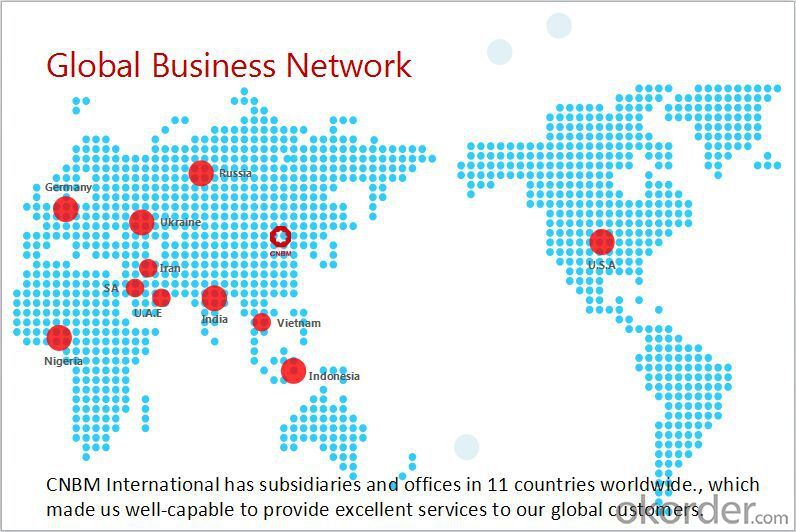
FAQ:
1, Your advantages?
professional products inquiry, products knowledge train (for agents), smooth goods delivery, excellent customer solution proposale
2, Test & Certificate?
SGS test is available, customer inspection before shipping is welcome, third party inspection is no problem
3, Factory or Trading Company?
CNBM is a trading company but we have so many protocol factories and CNBM works as a trading department of these factories. Also CNBM is the holding company of many factories.
4, Payment Terms?
30% TT as deposit and 70% before delivery.
Irrevocable L/C at sight.
5, Trading Terms?
EXW, FOB, CIF, FFR, CNF
6, After-sale Service?
CNBM provides the services and support you need for every step of our cooperation. We're the business partner you can trust.
For any problem, please kindly contact us at any your convenient time.
We'll reply you in our first priority within 24 hours.
- Q: How is special steel used in the packaging supply chain?
- Special steel is used in the packaging supply chain for various purposes such as manufacturing machinery, tools, and equipment needed for packaging processes. It is used to create durable and reliable components like blades, cutters, and molds, ensuring precise and efficient packaging operations. Additionally, special steel can be utilized for constructing robust packaging materials like containers, pallets, and racks, providing strength and stability during transportation and storage.
- Q: How is special steel used in the manufacturing of machinery?
- Special steel, with its unique properties that make it highly suitable for the manufacturing of machinery, is an essential component in this process. It refers to a category of steel alloys that have been specifically designed and developed to possess exceptional strength, durability, and resistance to wear and tear. In various applications within the manufacturing of machinery, special steel is commonly used. One primary use is in producing machine components requiring high strength and toughness, such as gears, shafts, bearings, and fasteners. These components endure heavy loads, high temperatures, and harsh operating conditions, necessitating the ability to withstand these stresses without failure or deformation. Special steel provides the required strength and toughness for ensuring the longevity and reliability of these machine parts. Furthermore, special steel is utilized in manufacturing cutting tools and dies. Cutting tools, including drills, milling cutters, and lathe tools, require excellent hardness and wear resistance to endure the forces and abrasion encountered throughout the machining process. Dies, on the other hand, are used for shaping or forming materials and necessitate high strength and hardness to endure repetitive pressure and deformation. Special steel offers the necessary properties to enhance the performance and lifespan of these cutting tools and dies. Moreover, special steel frequently finds application in constructing machine frames and structural components. Its strength and rigidity make it ideal for supporting heavy loads and maintaining overall machinery stability. By incorporating special steel into machine frame construction, manufacturers can ensure the structural integrity and durability of the machinery, which is crucial for safe and efficient operation. In conclusion, special steel plays a vital role in the manufacturing of machinery by providing the necessary strength, durability, and wear resistance for critical machine components, cutting tools, and structural elements. Its unique properties make it indispensable in producing high-performance machinery capable of enduring the demanding conditions of various industries.
- Q: How is creep-resistant steel used in the production of power plant components?
- Creep-resistant steel is used in the production of power plant components due to its high resistance to deformation under high temperatures and prolonged exposure to stress. This type of steel is crucial in power plants as it helps maintain the structural integrity of components such as boilers, turbines, and pipes, which are subjected to extreme heat and pressure. By using creep-resistant steel, power plants can ensure the safe and efficient operation of their equipment, reducing the risk of failures and increasing overall reliability.
- Q: How does special steel contribute to the food processing aftermarket industry?
- Special steel plays a crucial role in the food processing aftermarket industry by offering several important benefits that contribute to the overall efficiency, safety, and productivity of food processing equipment. Firstly, special steel is known for its exceptional corrosion resistance properties. In the food processing industry, where equipment comes into contact with various acidic and corrosive substances, using special steel ensures that the machinery remains resistant to rust and contamination. This, in turn, helps maintain the hygiene and quality standards of food processing operations, reducing the risk of foodborne illnesses and contamination. Secondly, special steel possesses high strength and durability, enabling food processing equipment to withstand the demanding conditions of heavy usage and continuous operations. The robustness of special steel ensures that the equipment remains reliable, minimizing the risk of breakdowns or malfunctions during critical production processes. This leads to increased operational efficiency, reduced downtime, and improved production output. Furthermore, special steel can be tailored to specific applications, allowing manufacturers to design and produce equipment that meets the unique requirements of the food processing industry. Special steel alloys can be customized to possess specific properties such as heat resistance, wear resistance, or hardness, depending on the specific processing needs. This versatility ensures that the equipment can handle different types of food products, processing techniques, and operating conditions, resulting in enhanced versatility and adaptability in the food processing aftermarket industry. Additionally, special steel's compatibility with various cleaning and sterilization processes makes it ideal for food processing equipment. The material can withstand high-temperature cleaning methods, such as steam or chemical cleaning, without deteriorating or losing its structural integrity. This ease of cleaning and sterilization contributes to maintaining the highest standards of hygiene and sanitation in the food processing industry. In conclusion, special steel's corrosion resistance, strength, durability, customization options, and compatibility with cleaning processes make it an invaluable material in the food processing aftermarket industry. Its contribution to equipment reliability, hygiene, and productivity ensures that food processing operations can meet the stringent quality and safety standards required in this sector.
- Q: What are the properties of magnetic stainless steel?
- Magnetic stainless steel is a type of stainless steel that exhibits magnetic properties due to its high iron content. It possesses good corrosion resistance, durability, and high strength, making it suitable for various applications. Additionally, it is easily formable and weldable, allowing for versatility in manufacturing processes.
- Q: How is corrosion-resistant alloy steel used in the production of chemical processing equipment?
- Corrosion-resistant alloy steel is used in the production of chemical processing equipment due to its ability to withstand the corrosive environments and harsh chemicals involved in the process. This type of steel helps prevent corrosion and ensures the longevity and reliability of the equipment, making it suitable for various applications such as reactors, vessels, pipes, and pumps in chemical processing plants.
- Q: How does special steel contribute to sustainable construction?
- Special steel contributes to sustainable construction in several ways. Firstly, it has high strength and durability, which allows for the design and construction of lighter and more efficient structures. This reduces the amount of material needed and saves resources. Secondly, special steel is often made from recycled materials, reducing the demand for virgin resources and minimizing environmental impact. Additionally, special steel can be easily recycled at the end of its life cycle, promoting a circular economy and reducing waste. Overall, special steel helps to create sustainable buildings by improving energy efficiency, reducing carbon emissions, and conserving resources.
- Q: What are the requirements for special steel used in industrial equipment manufacturing?
- To ensure the suitability of special steel for use in demanding applications in industrial equipment manufacturing, certain requirements must be met. These requirements include: 1. Exceptional strength: Given the heavy loads that industrial equipment often encounters, special steel must possess superior strength properties to withstand these forces. It should exhibit high levels of yield strength, tensile strength, and hardness to prevent deformation or failure. 2. Resistance to corrosion: Industrial environments are frequently subject to corrosion caused by exposure to chemicals, moisture, or extreme temperature fluctuations. Therefore, special steel used in such applications should possess excellent corrosion resistance to prevent degradation and ensure long-term performance. 3. High resistance to wear: The friction, abrasion, and impact experienced by industrial equipment often lead to significant wear. Consequently, special steel needs to exhibit exceptional wear resistance to maintain its integrity and prevent premature failure. 4. Toughness and resistance to impact: Industrial settings can subject equipment to sudden shocks, impacts, or vibrations. To withstand such events, special steel should demonstrate good toughness and resistance to impact, absorbing energy and resisting fracture or cracking. 5. Ability to withstand high temperatures: Certain industrial processes expose equipment to high temperatures or rapid temperature changes. Special steel must exhibit excellent heat resistance, retaining its strength, hardness, and other mechanical properties even at elevated temperatures. 6. Ease of machining: Special steel used in industrial equipment manufacturing should be easy to machine, facilitating the fabrication process. It should allow for simple cutting, drilling, welding, and other machining operations without excessive tool wear or damage to the material. 7. Dimensional stability: Equipment components must maintain their shape and dimensions under various operating conditions. Special steel needs to exhibit dimensional stability to prevent warping, distortion, or dimensional changes that could impact the performance or assembly of the equipment. By meeting these requirements, special steel used in industrial equipment manufacturing can endure harsh conditions, deliver reliable performance, and have a long service life. Ultimately, this contributes to the overall efficiency and productivity of industrial processes.
- Q: What are the requirements for special steel used in ballistic protection?
- The requirements for special steel used in ballistic protection include high strength and hardness, excellent toughness, good weldability, and resistance to deformation and cracking under high impact loads. It should also possess low weight, good formability, and corrosion resistance to ensure long-term durability and performance. Additionally, the steel must meet specific ballistic standards such as withstanding penetration from high-velocity projectiles and providing effective protection against ballistic threats.
- Q: What are the different methods of hardening special steel?
- There are several different methods of hardening special steel, including heat treatment, quenching, tempering, and carburizing. Heat treatment involves heating the steel to a specific temperature and then cooling it rapidly to increase its hardness. Quenching involves rapidly cooling the heated steel in a liquid, such as oil or water, to achieve high hardness. Tempering is a process that follows quenching, where the steel is reheated to a lower temperature to reduce brittleness and increase toughness. Carburizing is a method where the steel is heated in a carbon-rich environment to increase its surface hardness by infusing carbon atoms into the outer layer. These methods can be used individually or in combination to achieve desired hardness levels in special steel.
Send your message to us
Reinforcing Steel Bar Price Philippines
- Loading Port:
- Tianjin
- Payment Terms:
- TT OR LC
- Min Order Qty:
- 100 m.t.
- Supply Capability:
- 50000 m.t./month
OKorder Service Pledge
OKorder Financial Service
Similar products
Hot products
Hot Searches
Related keywords
